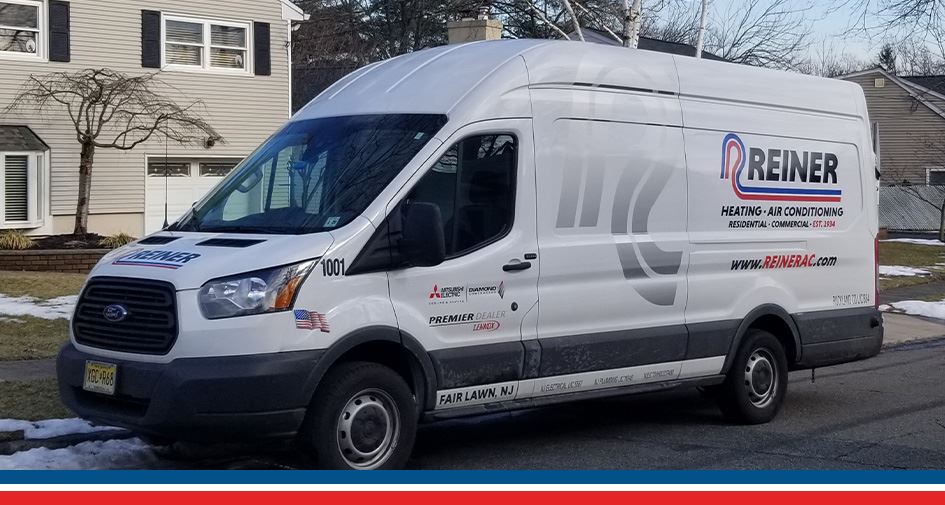Frequently asked questions about the journey to net zero
There have been discussions lately about reducing our global footprint, reducing global emissions, and moving toward renewable energy. Energy production accounts for about three-quarters of global greenhouse gas emissions. However, times are changing, and many industries are making strides in decarbonization. Policymakers are introducing regulations and requirements to reduce emissions and want to move toward electrification.
We know there may be questions about decarbonization and the steps toward achieving a net zero climate. We cannot speak for other companies, but we can tell you what steps Reiner and our partners are taking to help make this happen. We can also help you be a part of the solution and save money! Here are the answers to some frequently asked questions.
Q: What is decarbonization?
A: Decarbonization, in simple terms, is the removal of carbon dioxide and other greenhouse gases (which trap heat in the atmosphere) from a product or process.
Q: Does HVAC equipment contribute to these emissions?
A: Yes. The HVAC industry contributes approximately 15% of global greenhouse gas emissions.
Q: What are Reiner and their partners doing to reduce their emissions?
A: Our manufacturer, Lennox International, has:
· On a manufacturing level, reduced their greenhouse gas emissions during production by procuring renewable energy, including purchasing renewable energy credits, thereby reducing their overall operational energy consumption.
· They are making HVAC systems more energy efficient. Using less energy means lower greenhouse gas emissions, plus lower utility bills.
· They are transitioning all residential and commercial products to low GWP (global warming potentials) in line with expected regulations by 2025.
Q: What other products does Reiner offer that could be considered better for the environment?
A: Along with an extensive offering of energy-efficient conventional heating and cooling equipment, we also offer electrified options, including heat pumps and ductless split systems (mini-split systems). These systems do not depend on fossil fuels to run. They run purely on electricity but use low amounts of energy, putting less stress on power plants that can use that energy in places with higher demand. As they are so efficient, they will also help lower the cost of your utility bills.
Q: Electric makes sense! But how is it better for the environment when fossil fuels are needed to generate electricity?
A: Yes, fossil fuels still account for 60% of generated energy in the United States, but as a country, we are starting to move away from fossil fuels and focus more on renewable energy. Renewable energy now accounts for 20% of power production. Several countries have already made significant progress in moving away from fossil fuels and toward renewable energy; we are not far behind. Regardless of where our energy supply comes from, we should focus on decarbonization which will benefit us, our families, and our planet’s future.
If you are interested in learning more about our energy-efficient HVAC systems, heat pumps, and ductless systems, scan the QR code below for more information and give us a call!
We will set up a free estimate with one of our technical engineers, who will help you determine which will work best for you and your home.

.2308010708550.jpg)